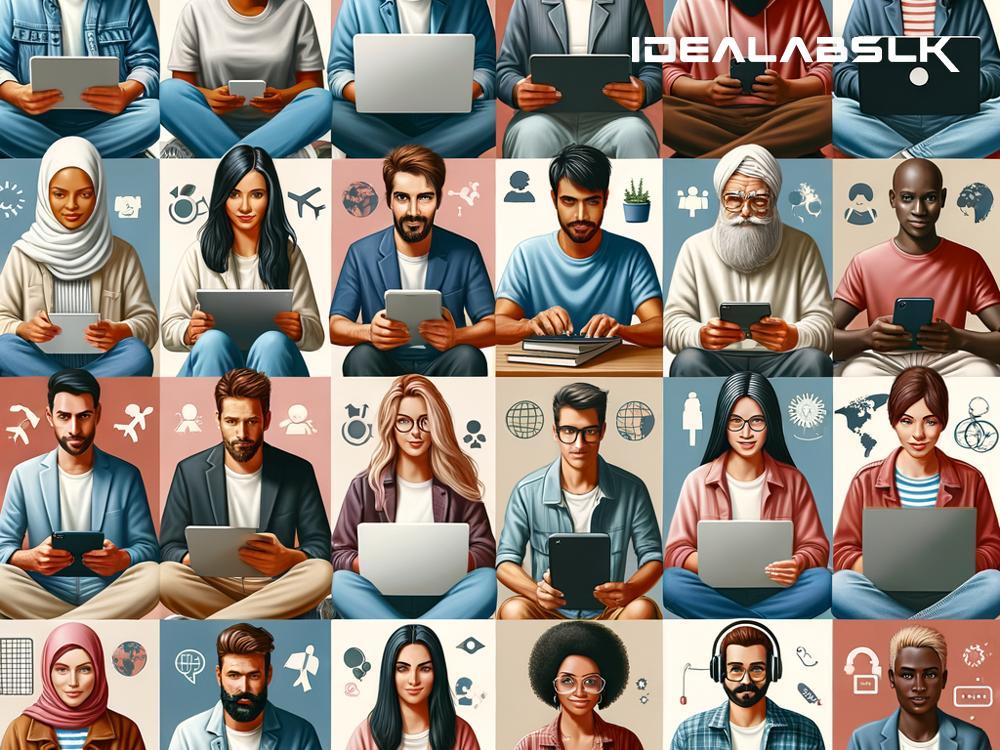In recent years, there's been a big shift in how people work, especially when it comes to the rise of gig economy platforms. For a lot of people, the traditional 9-5 job is becoming a thing of the past, as more and more individuals are turning towards gig work for their main source of income or as a way to make extra money on the side. But what exactly is this gig economy, and why is it becoming so popular? Let's dive into the world of gig work and explore why these platforms are on the rise.
Understanding the Gig Economy
At its core, the gig economy is all about temporary jobs. Unlike a regular job, where you work for the same employer day in and day out, gig jobs are usually short-term, freelance, or contract work that you can pick up whenever you want. This could be anything from driving for a ride-sharing service, delivering food, freelancing on a project-by-project basis, or even walking someone's dog. Gig economy platforms are the websites and apps that connect people who need these services with those willing to provide them.
One of the biggest appeals of the gig economy is its flexibility. People love the idea that they can work when they want, as much or as little as they want, and on the types of projects they enjoy. This flexibility is not just appealing to students or those looking for a side hustle, but also to retirees, parents, or anyone needing a more adaptable work-life balance.
The Rise of Gig Economy Platforms
Several factors have contributed to the rise of gig economy platforms, but technology plays a starring role. With the advent of smartphones, high-speed internet, and sophisticated algorithms, these platforms can effectively connect service providers with those in need of services. It's a win-win: customers get convenience and often lower prices, while service providers get access to a broad customer base without the need for traditional marketing or a physical storefront.
Gig economy platforms have also risen in popularity because they often offer a lower barrier of entry compared to traditional jobs. Depending on the platform, you might not need specific qualifications, a college degree, or a considerable amount of experience in the field to get started. This opens up opportunities for many who otherwise might struggle to find work that suits their skills and circumstances.
The Impact of the Gig Economy
The impact of the gig economy is far-reaching. For individuals, it means more control over their work-life. People can pursue passions, manage personal responsibilities better, and often find a better balance between work and life. Financially, it can mean the difference between struggling to make ends meet and having a comfortable living, especially for those who skillfully navigate multiple gig jobs.
Economically, the gig economy is changing the way businesses operate. Small businesses and startups, in particular, can tap into a global pool of freelancers and gig workers for temporary or project-specific needs without the overhead of hiring full-time employees. This flexibility can make businesses more agile and competitive, especially in fast-changing industries.
Challenges and Considerations
Despite its many benefits, the gig economy isn't without its challenges. Job security, benefits, and long-term financial stability are significant concerns for gig workers. Unlike traditional employees, gig workers often need to manage their taxes, health insurance, and retirement savings without the support of an employer. This can be daunting and requires a good deal of financial literacy.
There's also a conversation happening around the regulation of gig economy platforms to ensure fair treatment and compensation for workers. Some advocate for better protection and rights for gig workers, arguing that as the gig economy continues to grow, so too should the measures to protect those who power it.
Looking Ahead
As we look to the future, it's clear that gig economy platforms are here to stay and will likely continue to grow both in popularity and in the diversity of services offered. This growth speaks to a broader shift in the way we view work, value flexibility, and embrace technology in every aspect of our lives.
The rise of gig economy platforms challenges traditional employment models and opens up a world of possibilities for those willing to embrace it. Whether you're looking for the freedom to work on your terms, the opportunity to pursue various passions, or simply a convenient side hustle, the gig economy offers something for almost everyone. As we move forward, the evolution of this dynamic sector will undoubtedly continue to shape the future of work in exciting and unpredictable ways.

